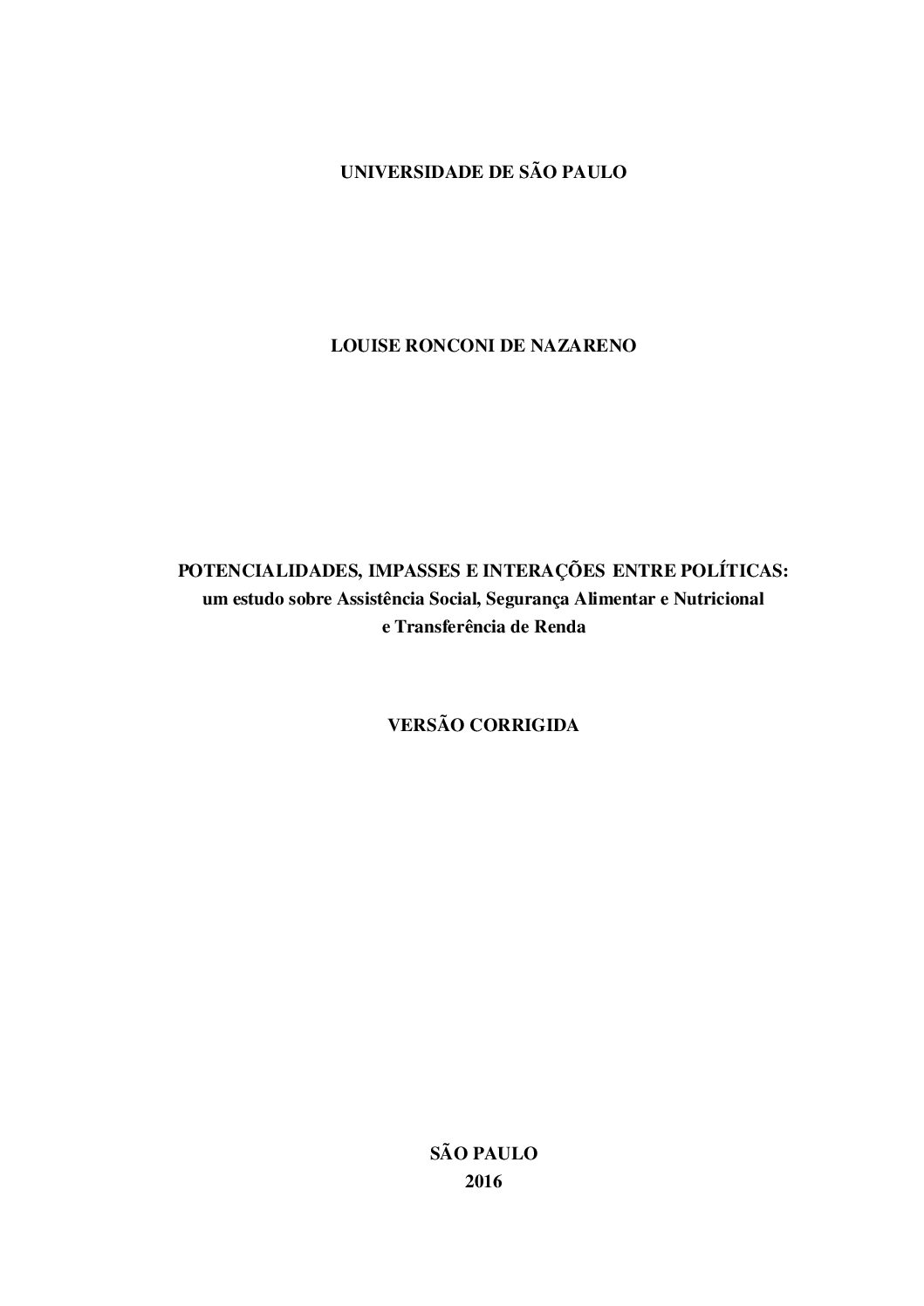
Pressure groups in Brazil
5 de February de 2025
Potentialities, impasses and interactions between policies: a study on Social Assistance, Food and Nutrition Security and Income Transfer
21 de February de 2025Author: Alexandre de Moraes
Introduction:
This is a study focused on the difficulties of political representation as a support for Democracy. From a brief analysis of democratic notions and political representation, it will be seen that the crisis in popular representation and in the organization and functioning of political parties – which have failed to evolve towards serving as effective instruments for the effective representation of the people’s interests in Parliament – encouraged the emergence and strengthening of new paths of popular representation in the State’s decision-making process. Thus, in parallel with the return of ancient institutes of semi-direct democracy, state political life increasingly sees the participation of civil society itself in political decision-making, sometimes in an organized way (associations, pressure groups, right to petition), sometimes in a disorganized and ephemeral way, in the exercise of the right to assembly and demonstration (protests in defense of a specific object). From merely representative democracy we move to participatory democracy, where alongside traditional political parties, we begin to find civil society itself trying to implement the sovereign will of the people in the manifestations of the State. In this study, brief considerations will be made about this complex issue, so that, by pointing out some existing problems, we can think about a new model for improving political representation in the State, and, in particular, bringing political parties closer to the people.
Source: https://www.pge.sp.gov.br/centrodeestudos/revistaspge/revista5/5rev5.htm

